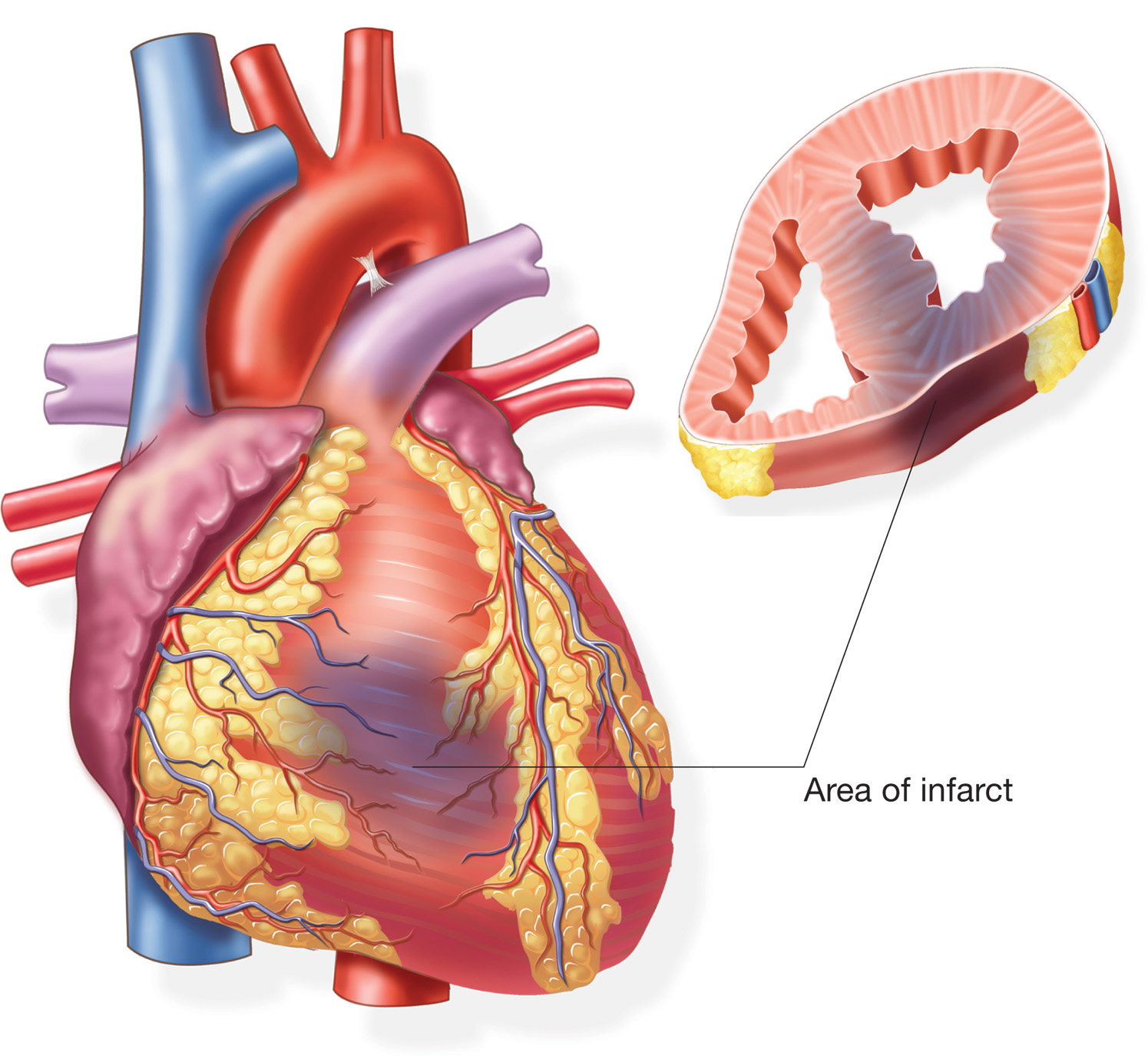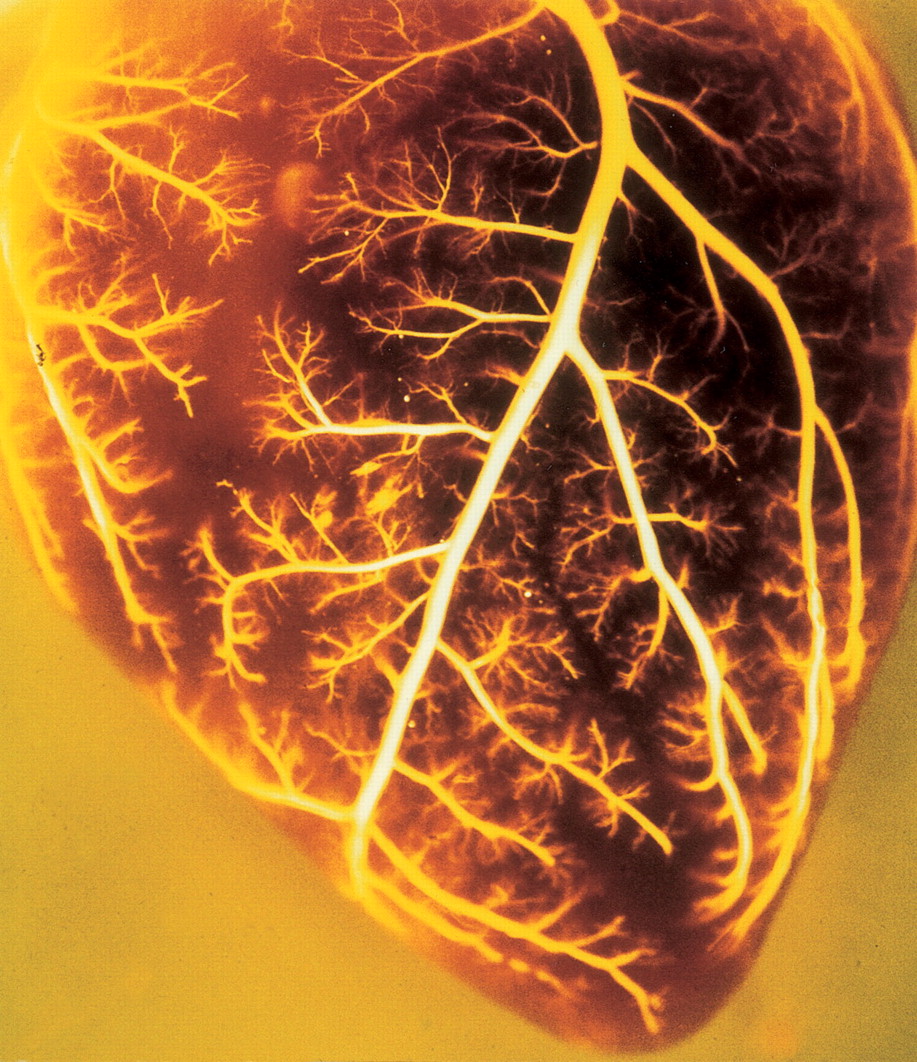Bloggers

Dog Heart Attack
What is Heart Attack?
Dog heart attacks have been seen in all breeds and are very rare. If you notice symptoms of a heart attack in your dog, keep calm, do not attempt CPR, and contact a veterinarian immediately.
A heart attack, is also called myocardial infarction, happens when blood clot is blocked from reaching the heart muscle (myocardium) resulting in deprived of oxygen and nutrients, the heart muscle dies very quickly and the affected heart chamber is no longer effectively pump blood through the body. Dog heart attacks have been seen in all breeds but are very rare. Genetic predisposition, abnormalities of the heart and underlying medical factors can increase the dog's risk of having a heart attack. Heart attack is an emergency situation and can result in sudden death; therefore, it requires immediately medical treatment.

Symptoms of Heart Attack in Dogs
There is little warning for a heart attack event. Sudden collapse may be the first symptom. Symptoms associated with dog heart attack may include:
Slight fever
Vomiting
Panting/difficult breathing
Arrhythmia
Lethargy
Head tilt
Confusion/Anxiety
Stiffness of the forelimbs
Seizure/ collapse
Sudden death without any syndrome
Causes of heart attack in dogs include:
Bacterial infection: Infection in the body such as from periodontal disease can lead to inflammation and blockage of blood flow to the heart muscle.
Vasculitis: Blood vessel inflammation as a result of immune-mediated disease, infection, or other injury to endothelial linings.
Atherosclerosis: Plaque builds up in the arteries, reduces the blood flow or ruptures arteries. Rare in dogs but has been reported in some breeds.
Coronary artery disease: Extremely rare in dogs. Occurs only with severe hypothyroidism associated high serum cholesterol levels.
Hypothyroidism: Thyroid gland does not produce enough thyroxine hormone – responsible for converting food to fuel for the body.
Nephrotic Syndrome: Kidney damage results in loss of protein which involved in preventing blood clot formation.
Tumor: Tumor masses growing on or around the heart vasculature can block blood flow to the heart muscle.

Diagnosis of Heart Attack in Dogs
If you notice symptoms of a heart attack in your pet, please stay calm and carefully wrap the pet in a blanket to calm him. Place your palm on the left side of the chest to feel the heart rate. Count the number of beats in 15 seconds and multiply your answer by 4. This gives you the heart rate. Normal heart rate in dogs will be around 60-140 beats per minute. Call up your regular veterinarian/ 24-hour veterinary hospital to make an emergent appointment if symptoms continue.
If your dog collapses, keep calm and carefully wrap her in a blanket and transport her to the veterinary clinic immediately.
In the hospital, the veterinarian will collect the medical history as to what led up to the symptoms or collapse event. The veterinarian will check the heart for abnormal murmur, pulse, or arrhythmia. Laboratory diagnostic tests are required and they can reveal valuable information as to cardiac function and possible causes of symptoms.
Chest X-ray: Determines size of heart, fluid around heart, possible abnormal masses grow.
Electrocardiography (ECG): Determines cardiac electrical impulses and measures arrhythmias.
Echocardiography: Detects fluid or masses around the heart, heart valve function, heart muscle and pericardial health.
Complete Blood Cell Count (CBC): Determines red and white blood cell count, can detect possible infection.
Biochemistry: Examines kidney and liver function.
Urinalysis: Examines kidney and metabolic function.
Thyroid: Examines thyroid gland function.
If sudden death occurs, dog with heart attack has no signs provided by just examination of the body; therefore, necropsy is the only way to provide evidence of death.
Treatment of Heart Attack in Dogs
Initial treatment involve resuscitation and supportive care, depending on seriousness of the problem. The primary goal is to regain the normal heart activity. Medications such as aspirin may be used to thin the blood for ease of circulation. Hospitalization is necessary to continue monitoring the dog until it is stable.
A variety of medications are available for cardiac disease depending on the primary cause. Surgery may be required to remove any mass that obstructs the blood flow to or from the heart. Thyroid replacement medications are common when hypothyroidism is confirmed. Various diets and medications may provide preventive/supportive care for renal disease if damage is not severe. Antibiotics may prevent further damage to vessels and heart lining resulting from infection or inflammation when endocarditis is suspicious. Anti-arrhythmic medications may be added to correct arrhythmias.
Long-term Management
The potential of recurrence is based on cause of the problem and severity of the myocardial infarction. Surgery and medications can extend the life of the pet for many years when the issue is diagnosed early and treated responsibly. Medications may need to be administered over the remaining life of the pet. Regular check-up is required. Activity restriction may be necessary during the beginning of the treatment.
A Holter monitor or ambulatory ECG is useful to monitor heart health at home for long term monitoring. The heart rhythms are recorded and times of rest versus times of exercise can be reported by the owner.
Any syndrome? Ask a vet for help:http://www.j-vet.com/online-consultation-tc.html
